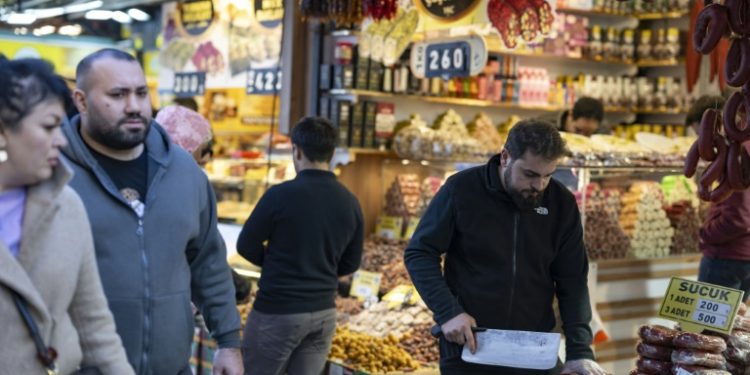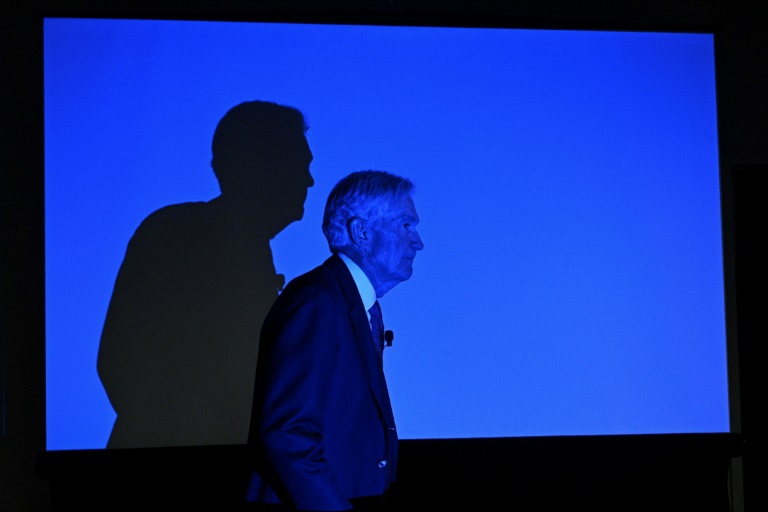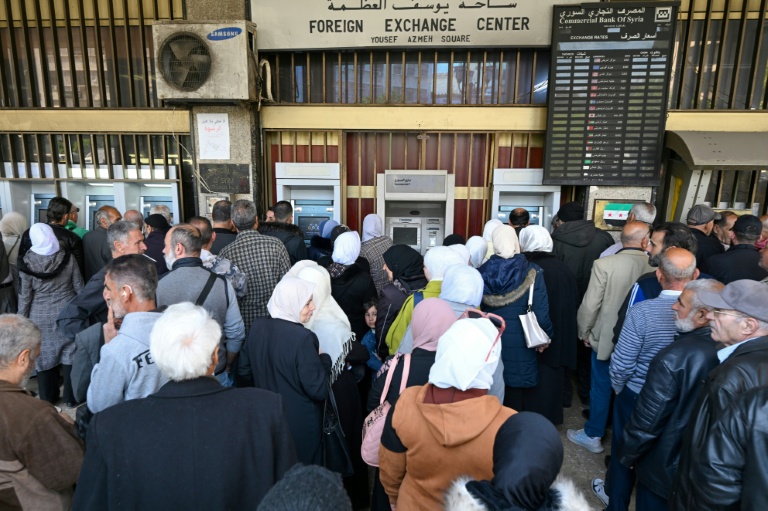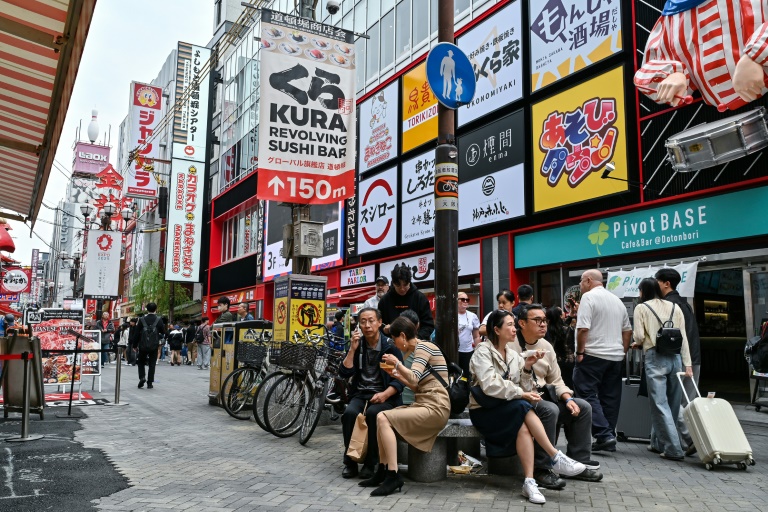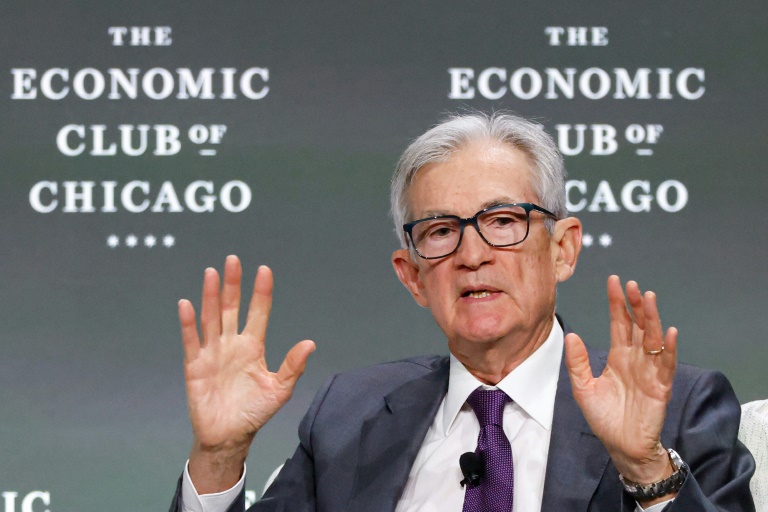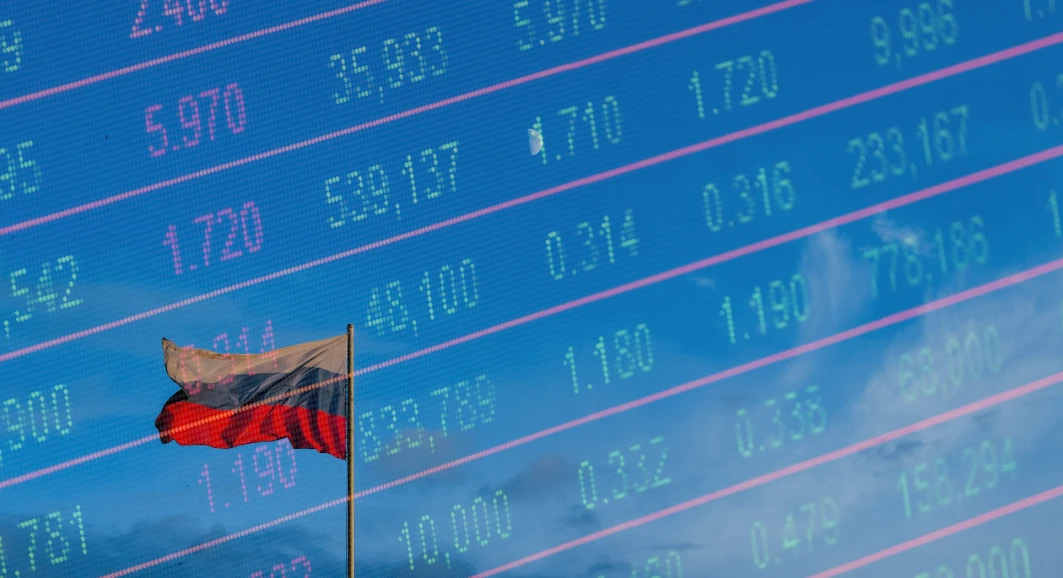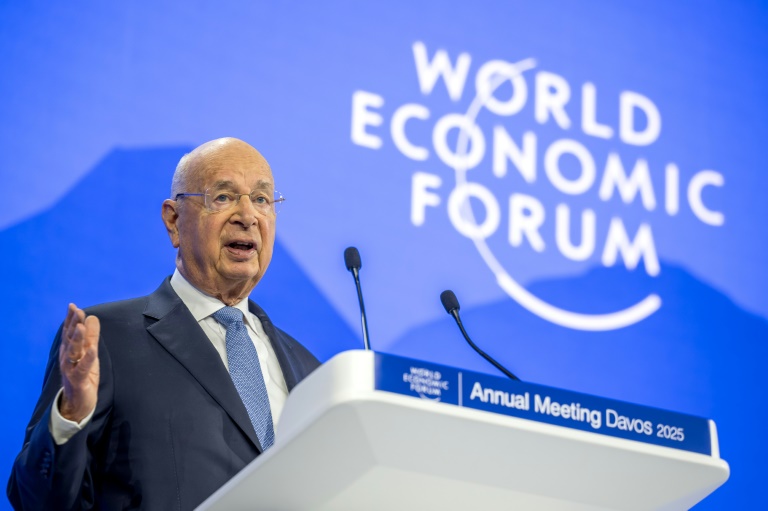Istanbul (AFP) – Turkey’s central bank held its key interest rate steady on Thursday but warned it could hike it again as the country’s soaring inflation remains a headache for President Recep Tayyip Erdogan’s government.
The central bank’s monetary policy committee decided to keep the policy rate at 50 percent. But it left the door open to raising it again in the future after consumer price growth accelerated to 68.5 percent in March.
“Monetary policy stance will be tightened in case a significant and persistent deterioration in inflation is foreseen,” the central bank said.
Only 10 days before March 31 local elections, the central bank hiked its rate from 45 percent to 50 percent. Erdogan long blamed inflation on high interest rates, even though it is the conventional policy at central banks worldwide to raise borrowing costs in order to lower inflation.
But after securing victory in the May presidential elections last year, he has returned to economic orthodoxy and put full confidence on his economic team led by Finance Minister Mehmet Simsek.
Erdogan has allowed Turkey’s central bank to hike its main policy rate from just 8.5 percent before his re-election last May to 50 percent. But the monetary authority lists other factors still feeding inflation, including a weak lira currency, a massive jump in the minimum wage in January and surging costs for food and fuel.
– ‘Economy runs hot’ –
Liam Peach, senior emerging markets economist at London-based Capital Economics, suggested that rate cuts appeared to be some way off as the economy continued to run hot.
“While we think the tightening cycle has likely come to an end, with the economy growing strongly and inflation pressures remaining hot, we still don’t expect rates to be cut until next year,” the analyst said in a note.
Bartosz Sawicki, market analyst at financial services platform Conotoxia, said any cuts would depend on how quickly price pressures ease.
The central bank’s official projections, which assume inflation slowing to 36 percent by year-end, “look overly optimistic and outdated,” Sawicki said.
Market consensus sees the annual inflation rate easing to around 45 percent in the final quarter of 2024, he added.
Simsek this month denied claims of a crisis between him and Erdogan over the economic policies after the president’s party was drubbed in municipal elections in March, a defeat some analysts blamed on the country’s soaring cost of living.
He labelled the allegations as “fake news”.
“We are determined to reduce inflation and current account deficit, establish budget discipline and address structural problems,” he said on social media.
“We will further strengthen our programme fully backed by our president from the beginning.”
The March election showed support for Erdogan’s party tumbled to its lowest, a rare setback for the 70-year-old, in power for 21 years and confirmed in the post last May with over 52 percent of the vote after facing his first-ever run-off.
© 2024 AFP

